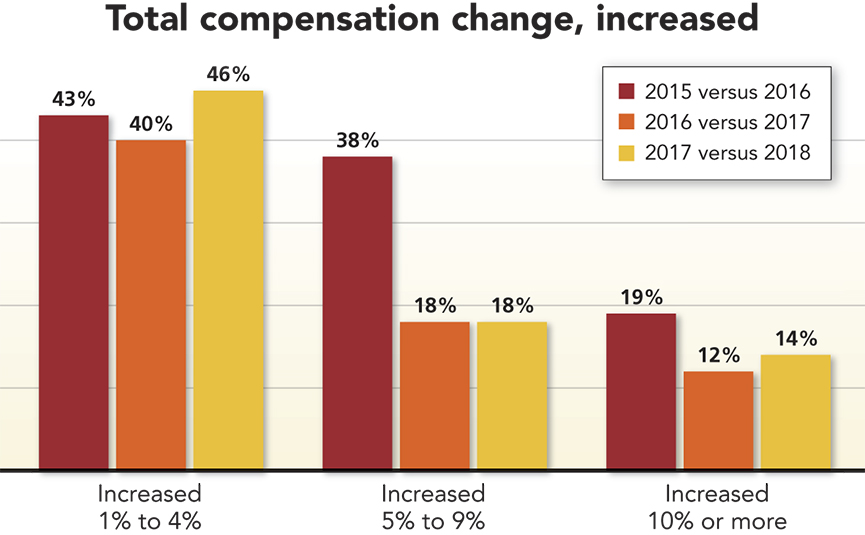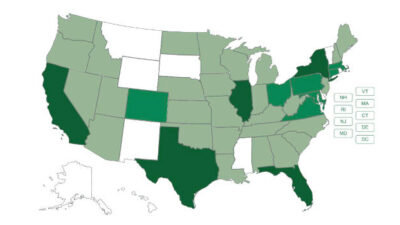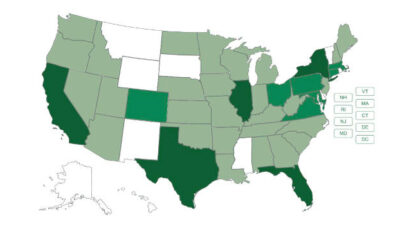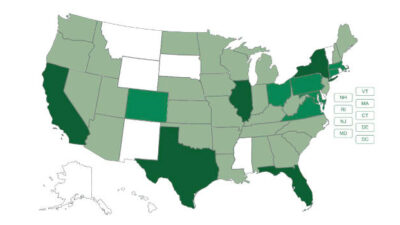Engineers are, for the most part, happy in their positions and with their overall compensation

Everyone seems to be curious about what other people make. Are they paid as well as their peers? Are they keeping up with their neighbors? What kind of health benefits do they have compared with other firms? How much of a raise did their officemate get last year? While some people are willing to share these details, it’s often taboo to talk about salaries or other benefits.
Professional associations, peer groups and mentors often help answer these questions. Websites that track salaries and job information are extremely helpful in a job search, but not always useful if a job change isn’t part of your future.
So how do you know what you’re worth? Is your engineering firm staying on par with the competition? Do companies really offer unlimited paid time off? What kind of bonus package or sign-on bonus should you offer a new employee?
The most recent Consulting-Specifying Engineer Salary Survey includes some of these answers. Read the salary survey to learn that most employees are pretty happy where they’re at. Some of this workplace satisfaction may be directly related to the fact that their company is doing a good job overall. One-third (33%) of respondents feel their company is ahead of the competition and 36% feel their firm is just pulling ahead. To keep individuals and their firms competitive, 72% of respondents feel they’re doing more work than they did three years ago.
Last year’s study showed fire protection engineers made the highest base compensation and nonsalary bonuses. This year, electrical engineers had the edge, making $126,554 on average. Bonuses were generous too; electrical and mechanical engineers earned the most in nonsalary compensation.
The number of junior-level team members is slowly rising, shifting workforce benefits and demands. To enhance employee retention, companies offer these five items most frequently:
- Vacation, sick leave, PTO, etc.: 81%.
- Health insurance benefits (at any level): 78%.
- Flexible work schedule: 63%.
- Casual dress code: 60%.
- Life insurance: 57%.
At the bottom of the list were benefits that are being eliminated or are simply unavailable in many industries: pension (12%); sign-on bonus (10%); enhanced or unlimited vacation, sick leave, PTO, etc. (9%); global experiences/international travel (7%); and paid meal plan (2%).
As you review the data and compare yourself to others in the industry, take note that every firm is quite different, and no two jobs are exactly alike.




